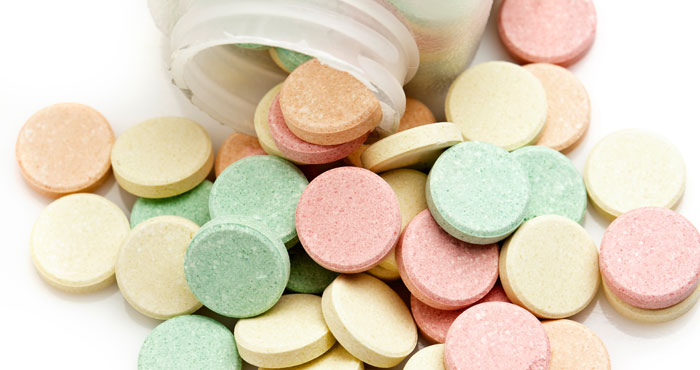The GERD Diet Plan: Foods to Eat & Avoid

Gastroesophageal reflux disease (GERD) is a common condition that causes frequent heartburn and other symptoms and can lead to more serious health problems. In GERD, a valve between the esophagus and the stomach, called the lower esophageal sphincter (LES), fails to seal properly and allows stomach contents to “back up” into the esophagus.
Heartburn occurs when stomach acid comes into contact with the lining of the esophagus, creating a burning sensation. In addition to causing pain, over time the acid can damage the esophagus. GERD isn’t a condition that gets better on its own, and while over-the-counter remedies can provide relief, they can also mask symptoms and allow the condition to progress. Consequently, it’s important to talk with your doctor if you begin experiencing GERD.
GERD Symptoms
People tend to associate GERD with heartburn. However, the condition can produce a number of other symptoms, including:
- Regurgitation (i.e., stomach contents coming into the mouth)
- Nausea
- Sore throat
- Trouble swallowing
- Vomiting
- Tooth damage from stomach acid
- Bad breath
GERD can also cause respiratory symptoms if stomach acid is inhaled into the lungs. These symptoms include:
- Persistent dry cough
- Pneumonia
- Persistent hoarseness
- Chest congestion
- Asthma
- Wheezing or whistling sounds when breathing
- Laryngitis
Foods to Avoid
If you are experiencing acid reflux, these foods should be avoided:
- Alcohol
- Caffeine
- Fatty foods
- Garlic
- Carbonated beverages
- Fried foods
- Chocolate
- Citrus fruits and juices
- Tomatoes
- Onions
- Mint
- Spicy foods
Best Foods for GERD
For people with GERD, consider these foods that help acid reflux:
- Low-fat or fat-free dairy products including milk, cheese, yogurt, and ice cream
- Lean meat, fish, skinless poultry, eggs and tofu
- Non-citrus fruits
- Fresh vegetables other than tomatoes, onions, and garlic
- Broth-based soups
- Low-fat baked goods like plain bread, bagels, pancakes or waffles
- Starches like baked, boiled or mashed potatoes, rice or plain pasta
- Low-fat desserts like sherbet, angel food cake, gelatin desserts, and fruit-based desserts
Lifestyle Changes That Improve GERD
Treatment for GERD may include lifestyle changes, many of which are focused on decreasing pressure in the stomach that can worsen the condition. People with GERD are advised to:
- Eat smaller, more frequent meals
- Remain upright (rather than reclining) for 2-3 hours after eating
- Eat slowly so that the sensation of fullness is easier to identify
- Maintain a healthy weight
- Avoid clothing that fits tightly at the waist and puts pressure on the abdomen
By implementing diet and lifestyle changes, and taking medication if advised by their doctor, people with GERD can see significant improvement in their symptoms.
When to See a Doctor for GERD
At Baptist Health, we can help. Occasional heartburn is not a crisis. You likely can control it through a combination of lifestyle changes and over-the-counter medicines. But if your symptoms are persistent or severe, it may indicate a more serious medical issue. Please see your doctor for a thorough examination of the problem.



